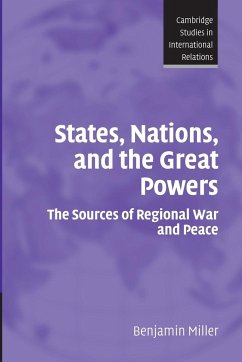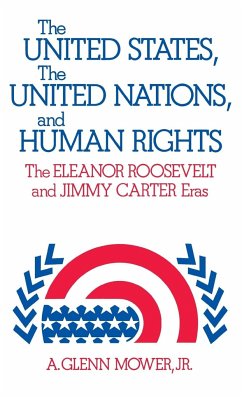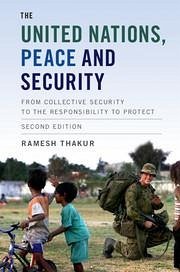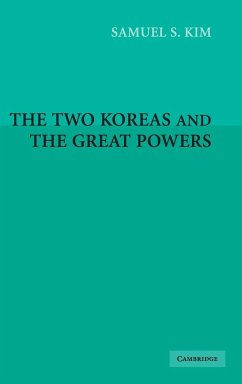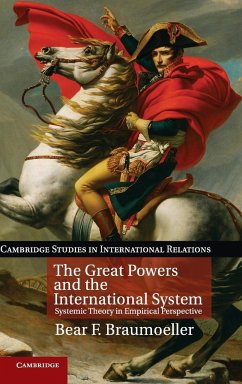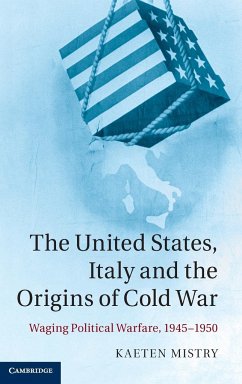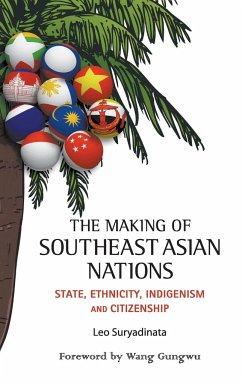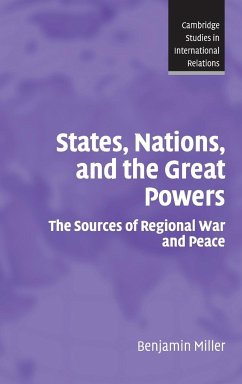
States, Nations, and the Great Powers
Versandkostenfrei!
Versandfertig in 1-2 Wochen
165,99 €
inkl. MwSt.
Weitere Ausgaben:

PAYBACK Punkte
83 °P sammeln!
Why are some regions prone to war while others remain at peace? What conditions cause regions to move from peace to war and vice versa? This book offers a novel theoretical explanation for the differences and transitions between war and peace. The author distinguishes between 'hot' and 'cold' outcomes, depending on intensity of the war or the peace, and then uses three key concepts (state, nation, and the international system) to argue that it is the specific balance between states and nations in different regions that determines the hot or warm outcomes: the lower the balance, the higher the ...
Why are some regions prone to war while others remain at peace? What conditions cause regions to move from peace to war and vice versa? This book offers a novel theoretical explanation for the differences and transitions between war and peace. The author distinguishes between 'hot' and 'cold' outcomes, depending on intensity of the war or the peace, and then uses three key concepts (state, nation, and the international system) to argue that it is the specific balance between states and nations in different regions that determines the hot or warm outcomes: the lower the balance, the higher the war proneness of the region, while the higher the balance, the warmer the peace. The theory of regional war and peace developed in this book is examined through case-studies of the post-1945 Middle East, the Balkans and South America in the nineteenth and twentieth centuries, and post-1945 Western Europe.





